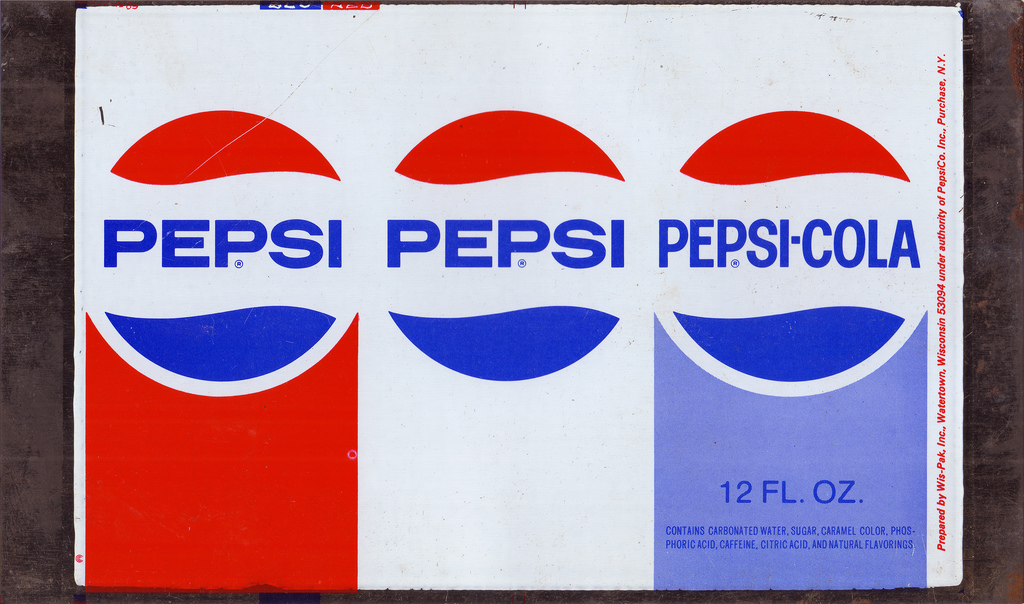Recent findings suggest tobacco use goes back 12,300 years
Researchers from the Far Western Anthropological Research Group recently published a study indicating that tobacco use goes back at least 12,300 years, Modern Farmer reports. Until now, Indigenous communities of eastern North America were thought to have been the earliest users of tobacco, a plant totally unknown by Europeans when they colonized North America centuries ago. Later, the domestication of tobacco formed the basis of colonial America’s economy and fueled slavery in the United States; in Virginia, the first enslaved Africans arrived in 1619 to perform forced labor on tobacco plantations. The findings from the new study are based on charred seeds of a wild tobacco plant found by scientists at an archaeological dig in Utah’s Great Salt Lake Desert. Researchers found these ancient seeds in remnants of a hearth built by nomadic hunter-gatherers. This was 9,000 years ahead of what was previously believed to be the earliest known use of tobacco, based on nicotine residue found inside a smoking pipe from Alabama. While European settlers made tobacco—which they once called a “noxious weed”—into a cultivated crop with enslaved labor, Native Americans in the West may have figured out it had some benefits literal millennia before.




